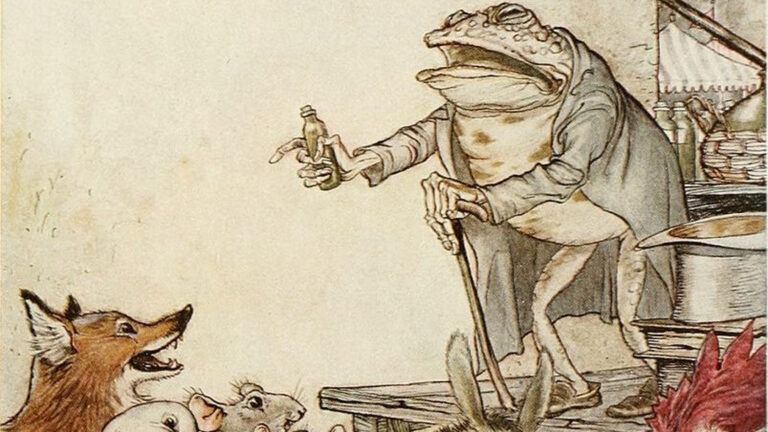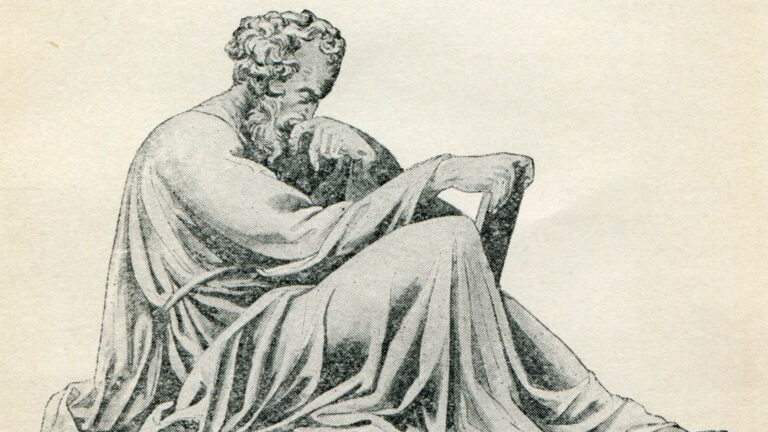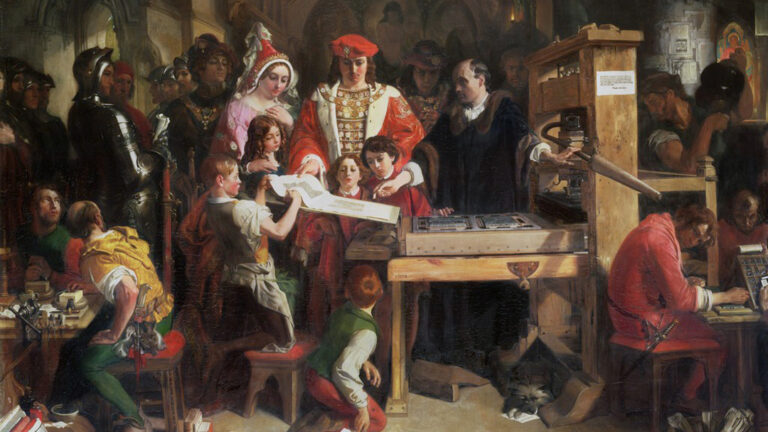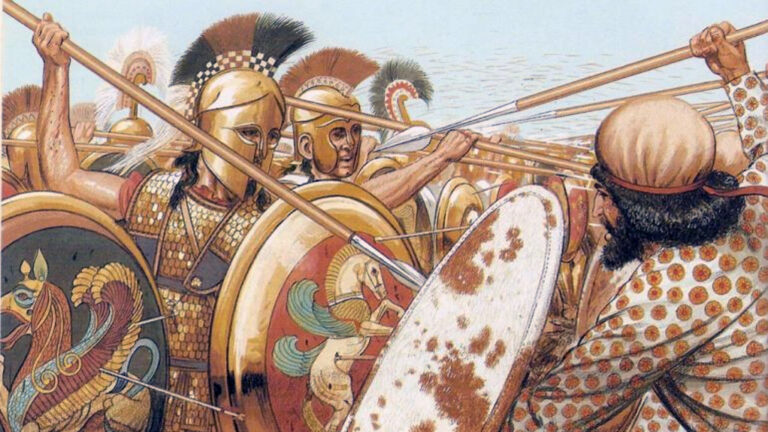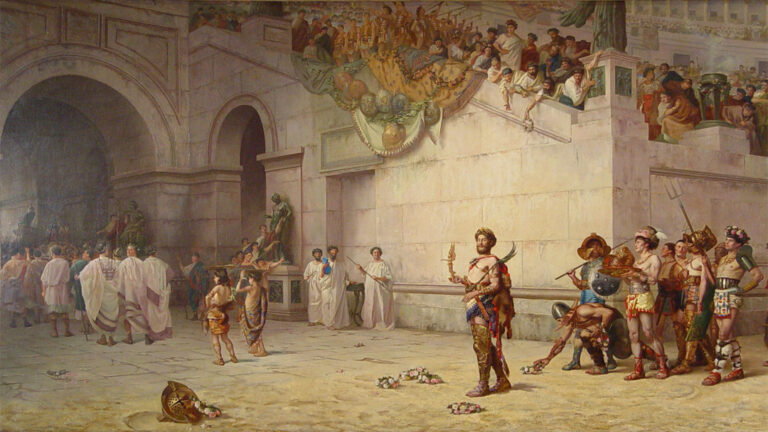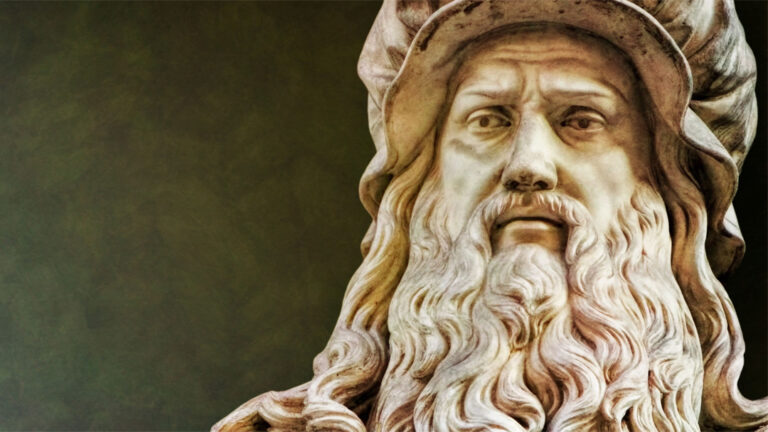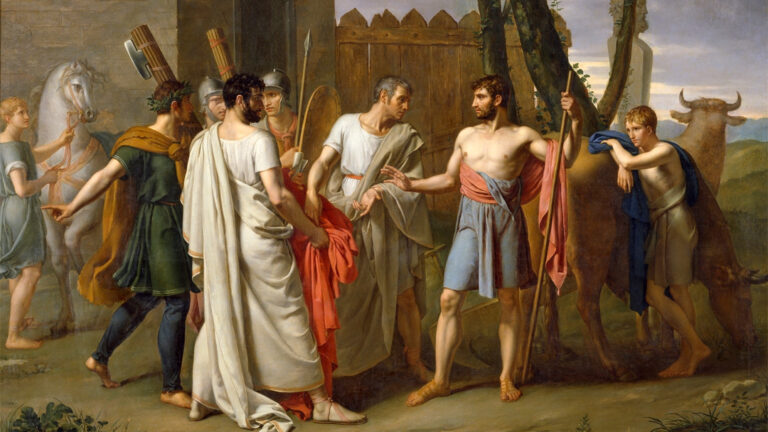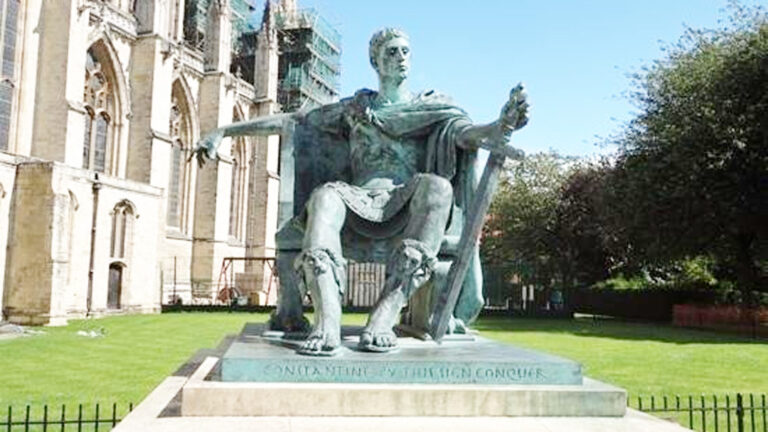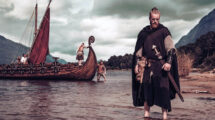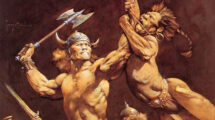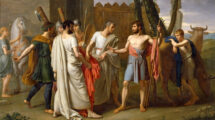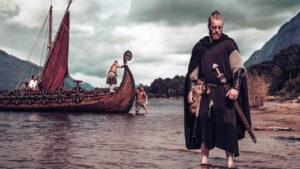LESSON I: MARCUS AURELIUS BE A GOOD MAN
Conducting: Opening Remarks/Announcements
(Announce that at the end of the meeting we will:(i) sign up new members; (ii) ask for contributions on the website or take up a collection).
Steward: Explanation of Ethical Overlay. The purpose of the Ethical Overlay is to provide an overlay to ethical, moral and religious beliefs in areas of identity, family and heritage, to promulgate ethical and moral policy and to help each individual to become a better person and preserve the environment for future generations. Announcements will be at the end of the meeting.
Congregant: Opening words of Inspiration:
The Roman Empire had a total of 264 emperors. Historians routinely point out Five Good Emperors who presided over the most majestic days of the Roman Empire. The most famous of these five good emperors was Marcus Aurelius, emperor from 161 A.D. He was a strong advocate of self-control. His “Meditations,” from which I will read the following quotes, is perhaps the most striking expression of the best of ancient western thought.
1st quote: Know the joy of life by piling good deed on good deed until no rift or cranny appears between them.
2nd quote: If it is not right, do not do it; if it is not true, do not say it.
3rd quote: Waste no more time arguing what a good man should be. Be one.
Steward: We will now have a Moment of Silence for: __(decide locally)___. [about 20 second pause].
As you continue to reflect of the [Moment of Silence topic] we will now listen to a selection from Peer Gynt Suite by Norwegian composer Edvard Grieg. He wrote this music in 1875 as incidental music to Henrik Ibsen’s play of the same name. This selection called “Morning” is very famous. It is about 3 minutes and 45 seconds long.
Audio Player
00:00
00:00
Use Up/Down Arrow keys to increase or decrease volume.
Steward: We will now have a discussion on the following topic:
Discussion: How to follow Marcus Aurelius’s advice: Be a Good Man.
Story: In olden times, a King wanted to see which of his subjects had the inner makings of “a good man.” He instructed his retainers to place several large boulders across a main thoroughfare into his walled city thus making it difficult for travelers to pass through. The king then hid in the trees to watch what happened. Some of the town’s wealthiest and most prominent merchants and passed by and simply maneuvered their carriages off the road to go around the rocks.
Many people blamed the King for not keeping the roads clear, but none of them did anything about getting the rocks removed.
One day, a farmer came along with an old wheelbarrow transporting his vegetables to town. Upon approaching the boulders, the farmer put down his load and began to move the stones that were blocking the road. After much labor, he managed to clear the road for all to use. After the farmer returned to pick up his wheelbarrow he noticed a purse lying in the road where the rocks had been. The purse contained gold coins and note from the King explaining that the gold was for the person who removed the boulders from the road.
What characteristics of a good man does this story demonstrate?
What makes a good man?
What is the importance of having a purpose in life and following through on it?
a. What are your purpose(s)?
b. How to follow through on your purpose(s)?
What is the role of husband and father in life’s purpose?
Does loving others without judgment make you a better man?
“If it is not true, do not say it.”
a. How does this apply to us today?
b. Be a man of your word. What does this mean?
Be someone that people look up to.
a. Give examples.
b. How is this a challenge in today’s society?
Be a leader; be a follower.
a. When should you be a leader; when a follower?
Congregant: Closing words of inspiration.
Marcus Aurelius stated: “Understand, however, that every man is worth just so much as the things are worth about which he busies himself.”
Extend an invitation/commitment to apply one thing learned this week.
Steward: Take contributions from group made payable to Ethical Overlay. [Take cash, checks, or commitments to pay online].
[Adjournment] Announcements and Questions after adjournmentPainting by Edwin Howland Blashfield (American, 1848 – 1936)
The Emperor Commodus Leaving the Arena at the Head of the Gladiators
Oil on canvas
48.5 x 91 inches
1941.0022.01
Sloane Collection
